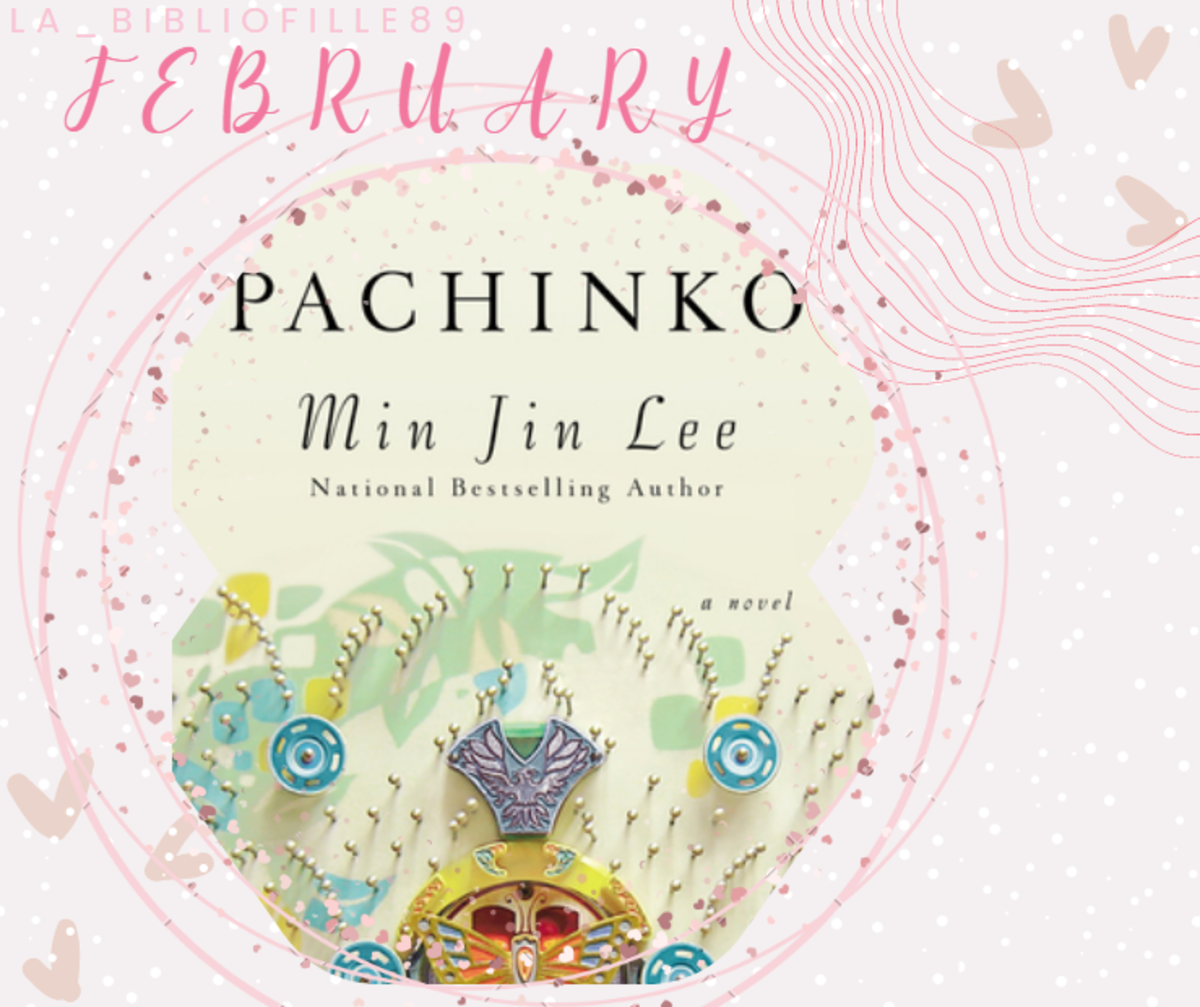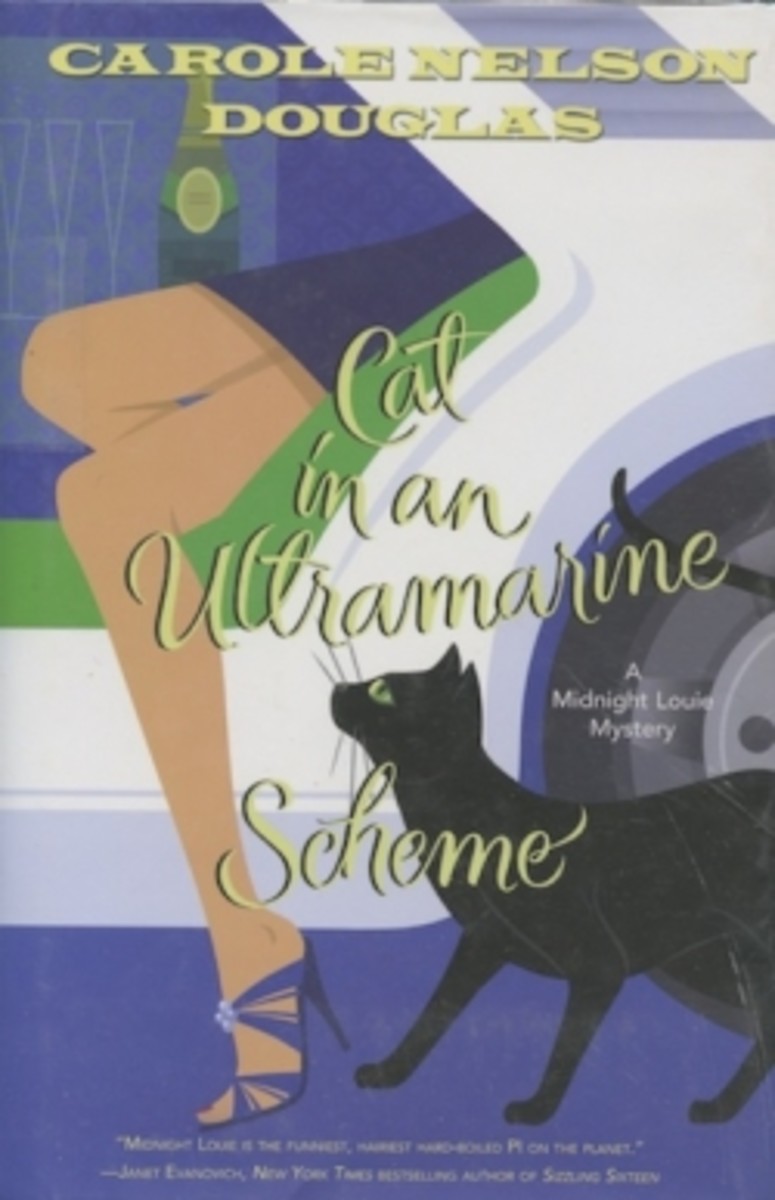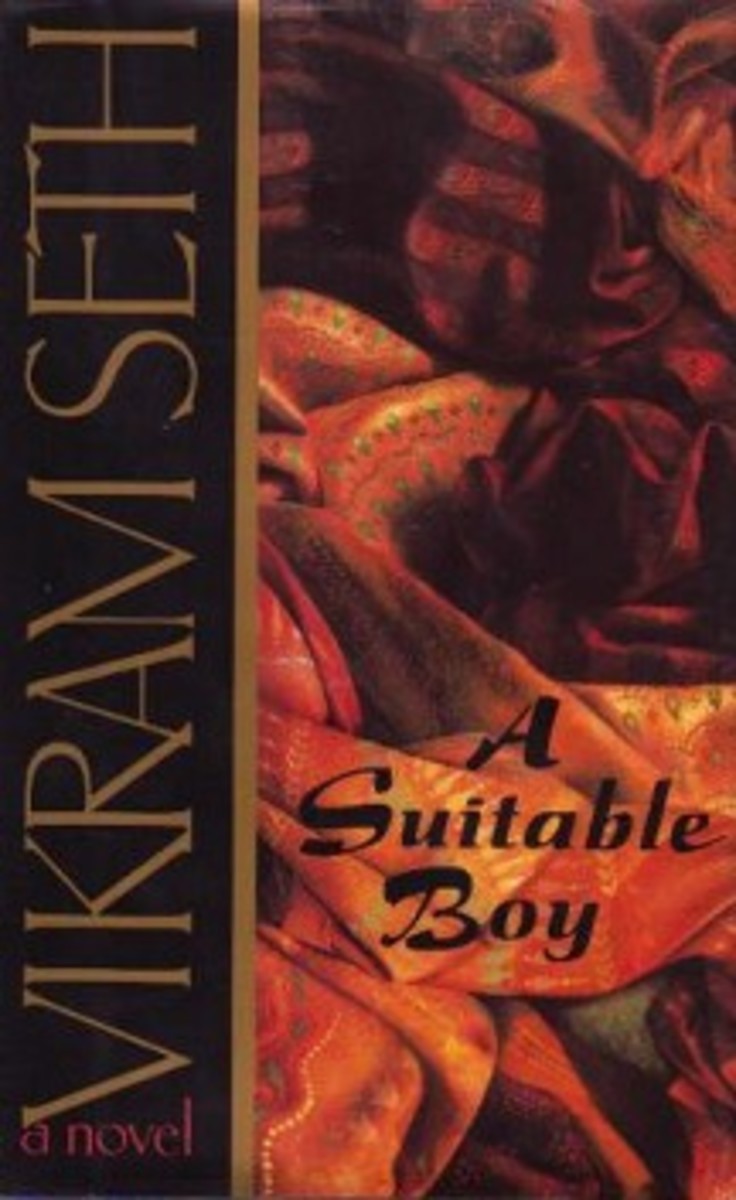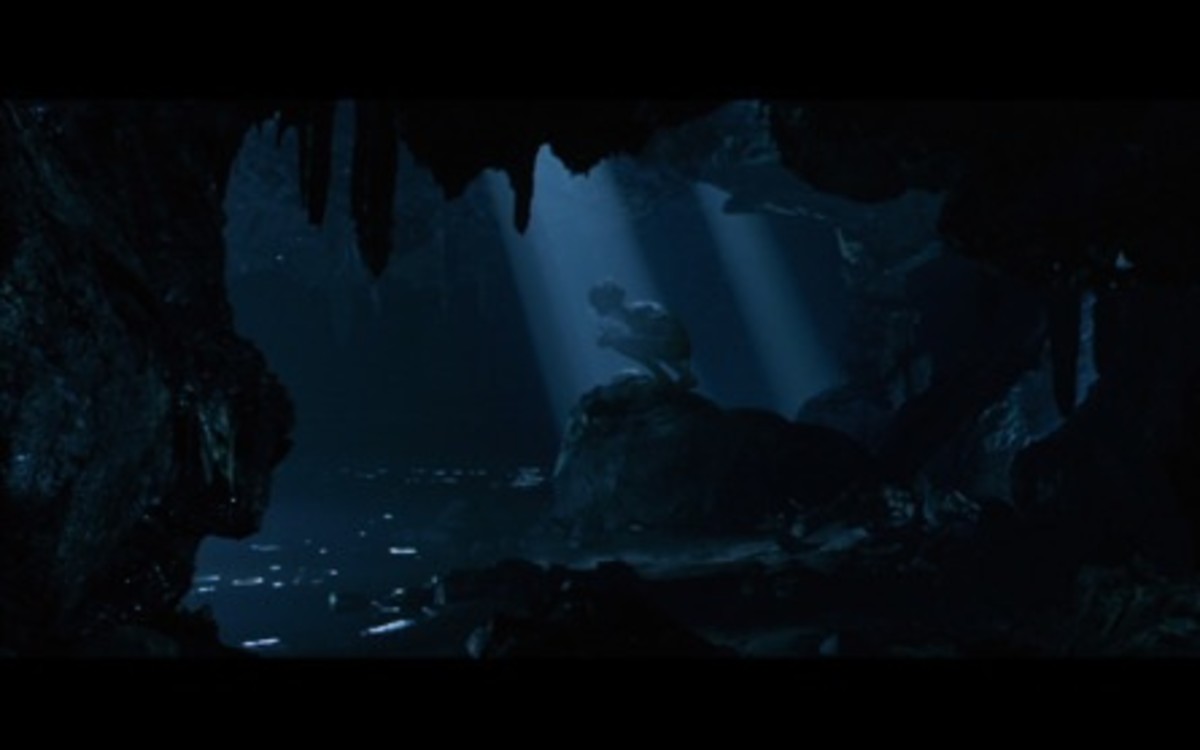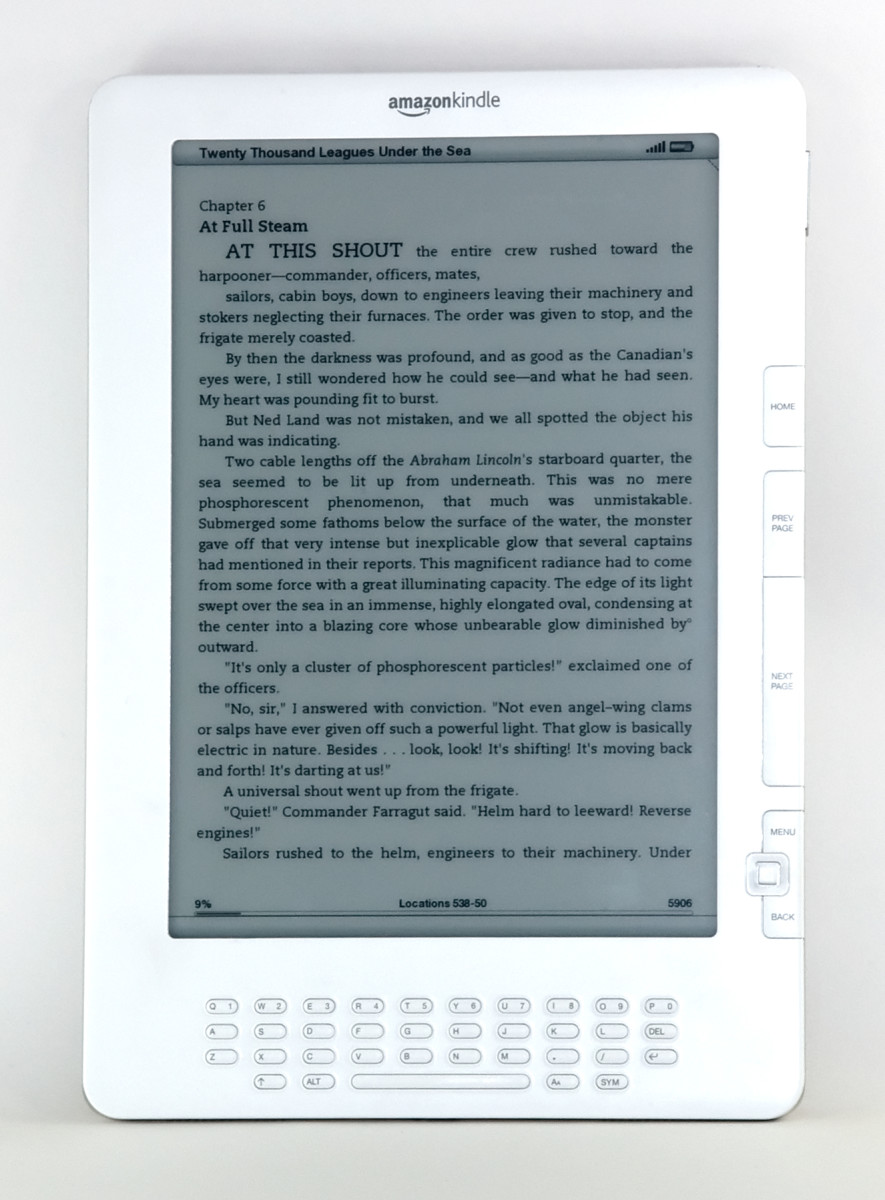A Book You Should Never Read

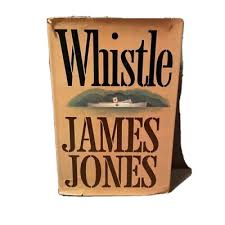
A Book No One Should Ever Read
Updated on September 29, 2025
Why Some Books Should Stay on the Shelf
I have a basic rule of thumb when it comes to reading books: if I start it, I finish it. Maybe that’s my mild obsessive-compulsive streak, or maybe it’s the gnawing fear that I’ll miss some hidden brilliance if I quit too early. Like many readers, I want to give an author a fair shot.
Over the years, only a handful of books have tested that rule. I once gave up on one of Alexander McCall Smith’s detective novels — so plodding, so dull, that I felt myself slipping into a coma with every page. But generally speaking, I power through even the slowest reads.
That said, there is one book I regret finishing so deeply that I’d happily wipe the memory of it from my brain: James Jones’ Whistle.
What Is Whistle About?
Whistle is the third book in James Jones’ so-called World War II trilogy, following the much more respected From Here to Eternity and The Thin Red Line. Both of those earlier novels were turned into acclaimed films, and both carried enough grit and humanity to earn their status as modern war classics.
So, you’d expect Whistle to carry that torch, right?
Wrong.
Instead, what Jones delivers is a bloated, incoherent, 452-page dirge that manages to be both boring and offensive at the same time. If the first two novels are shining examples of war literature, Whistle is the ugly stepchild that somehow slipped into the family photo.
Why Whistle Fails as a War Novel
Let’s talk about what makes Whistle such a disaster.
1. Indistinguishable Characters
The book follows four wounded soldiers recovering in a hospital ward: Johnny Strange, Marion Landers, Lt. Winch, and Bobby Prell. On paper, that’s a promising setup. War trauma, physical wounds, fractured psyches — plenty of raw material for a gripping, human story.
The problem? All four characters are essentially the same person. They’re all bitter, foul-mouthed drunks who cheat on their wives or girlfriends. They’re all misogynistic, self-destructive, and unlikable in ways that make you actively root against them.
And when you’re 400 pages into a novel and still can’t tell one character from another, that’s not realism. That’s bad writing.
2. Pacing That Drags Like a Dead Mule
At nearly 500 pages, this novel is longer than it has any right to be. The plot moves at a crawl. Entire chapters feel like filler. By the halfway point, I wasn’t reading to see what happened next; I was reading to see if anything would happen at all.
A good war novel should feel tense, alive, and urgent. Whistle feels like being stuck in a waiting room with four drunk strangers who won’t stop whining about their sex lives.
3. Obsessive, Graphic, and Pointless Sexual Content
Let’s be clear: I’m not a prude. I’m fine with sex in literature when it serves a purpose. But Jones devotes nearly 200 pages of this book to graphic discussions and depictions of oral sex.
Not passionate, artistic, or even titillating scenes — just repetitive, crude descriptions that grind the story to a halt. Instead of adding depth or humanity, they reveal a writer who seems more interested in his own fantasies than in telling a meaningful story.
Honestly, it reads less like war literature and more like the scribblings of a dirty old man.
The Author’s Own Words Doom the Book
In his notes, James Jones claimed Whistle would be the novel where he finally said everything he had to say about humanity and war. That’s a bold mission statement.
The actual result? A meandering, unfocused rant that says very little about humanity and far too much about the author’s obsessions. If From Here to Eternity showed Jones’ talent and The Thin Red Line proved his staying power, Whistle feels like the wheels coming off the cart.
It doesn’t help that Jones literally died while writing it. His friend Willie Morris edited and published it posthumously. That fact alone should have been a red flag: if the author couldn’t survive writing it, how are readers supposed to survive reading it?
Why Is Whistle Considered a Classic?
This is the million-dollar question. Why do some critics insist on calling Whistle a “classic war novel”? The answer is likely tied to Jones’ reputation rather than the book’s actual merit. When a writer produces one or two highly regarded works, later efforts often get a free pass.
But calling Whistle a classic is like saying a burnt meal belongs in a five-star restaurant simply because the chef once cooked something great. Reputation does not equal quality.
Better Alternatives to Whistle
If you want to read meaningful, powerful war literature, here are better options:
-
James Jones’ earlier novels: From Here to Eternity and The Thin Red Line actually deserve their acclaim.
-
Erich Maria Remarque’s All Quiet on the Western Front: A devastating and timeless account of World War I.
-
Kurt Vonnegut’s Slaughterhouse-Five: Blends satire, science fiction, and raw trauma into a truly unforgettable novel.
-
Tim O’Brien’s The Things They Carried: Perhaps the best modern war literature in terms of honesty, vulnerability, and craft.
All of these works show what Whistle could have been if Jones had written with clarity and discipline instead of indulgence.
Final Thoughts: A Book You Should Never Read
At the end of the day, Whistle by James Jones isn’t just a disappointing novel — it’s an example of how even celebrated authors can fail spectacularly. It’s poorly paced, filled with indistinguishable characters, and weighed down by unnecessary graphic content.
When I finished reading it, I didn’t feel enlightened or challenged. I felt dumber. And that, to me, is the ultimate literary sin.
So if you’re standing in a used bookstore, thumbing through a copy of Whistle and wondering if it’s worth your time, let me save you the trouble: it’s not. Life is short, good books are plentiful, and this one belongs in the “do not read” pile.



